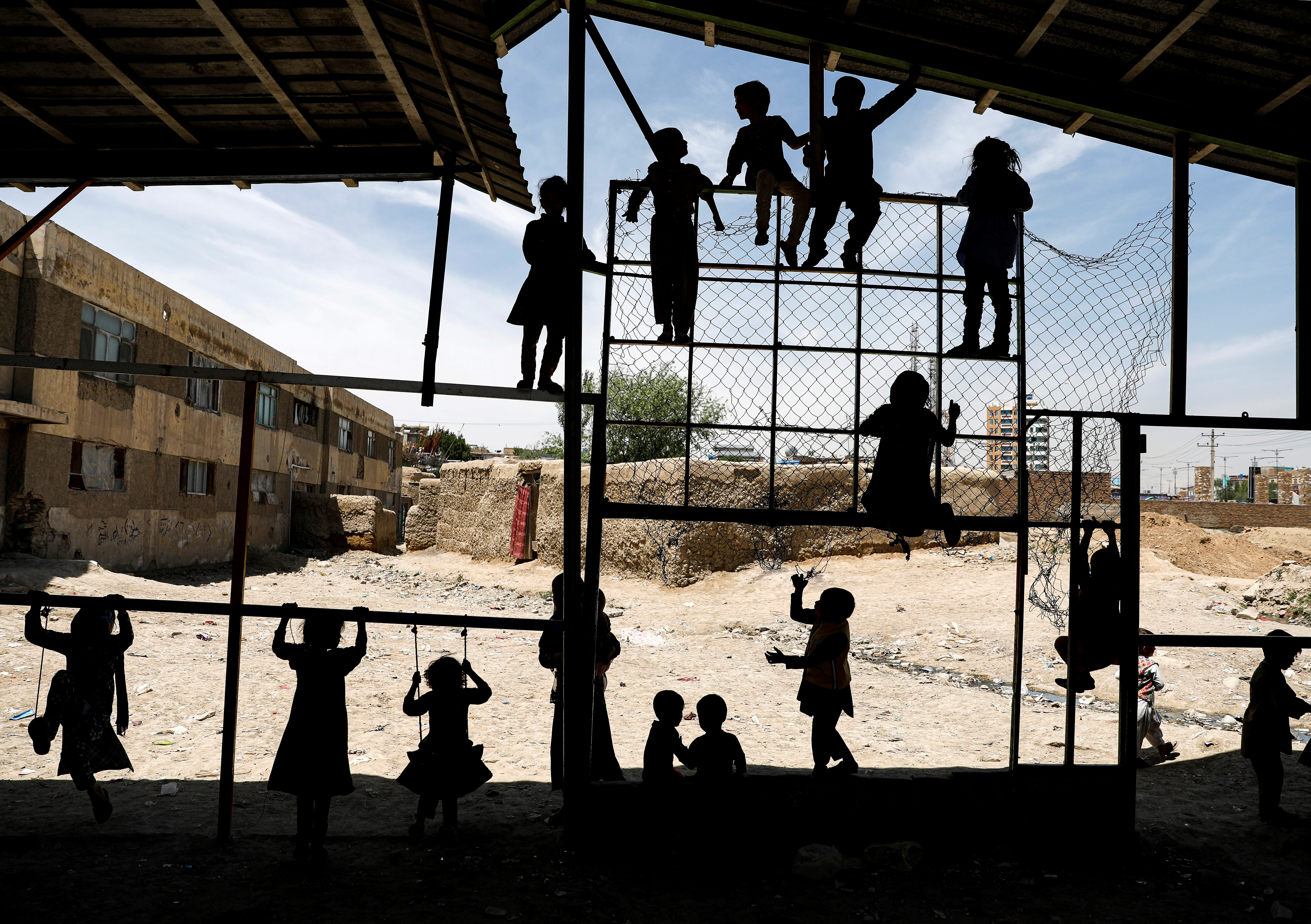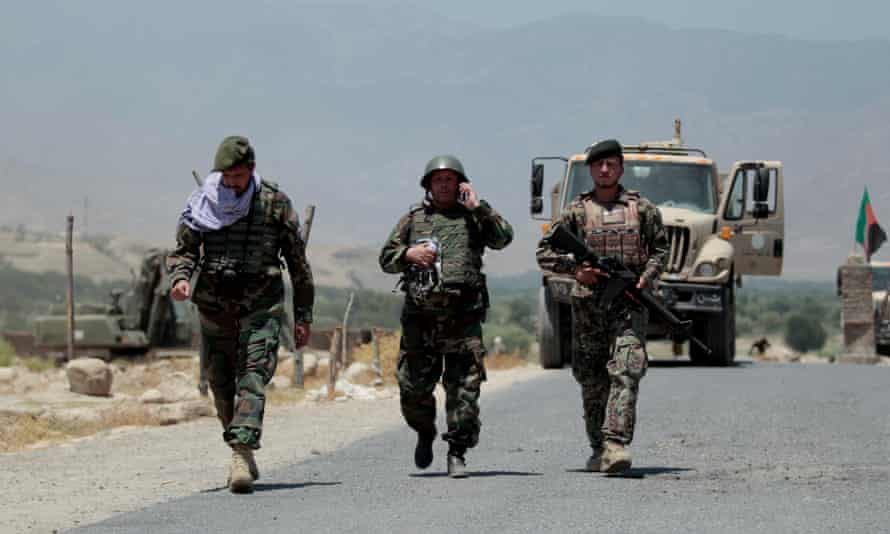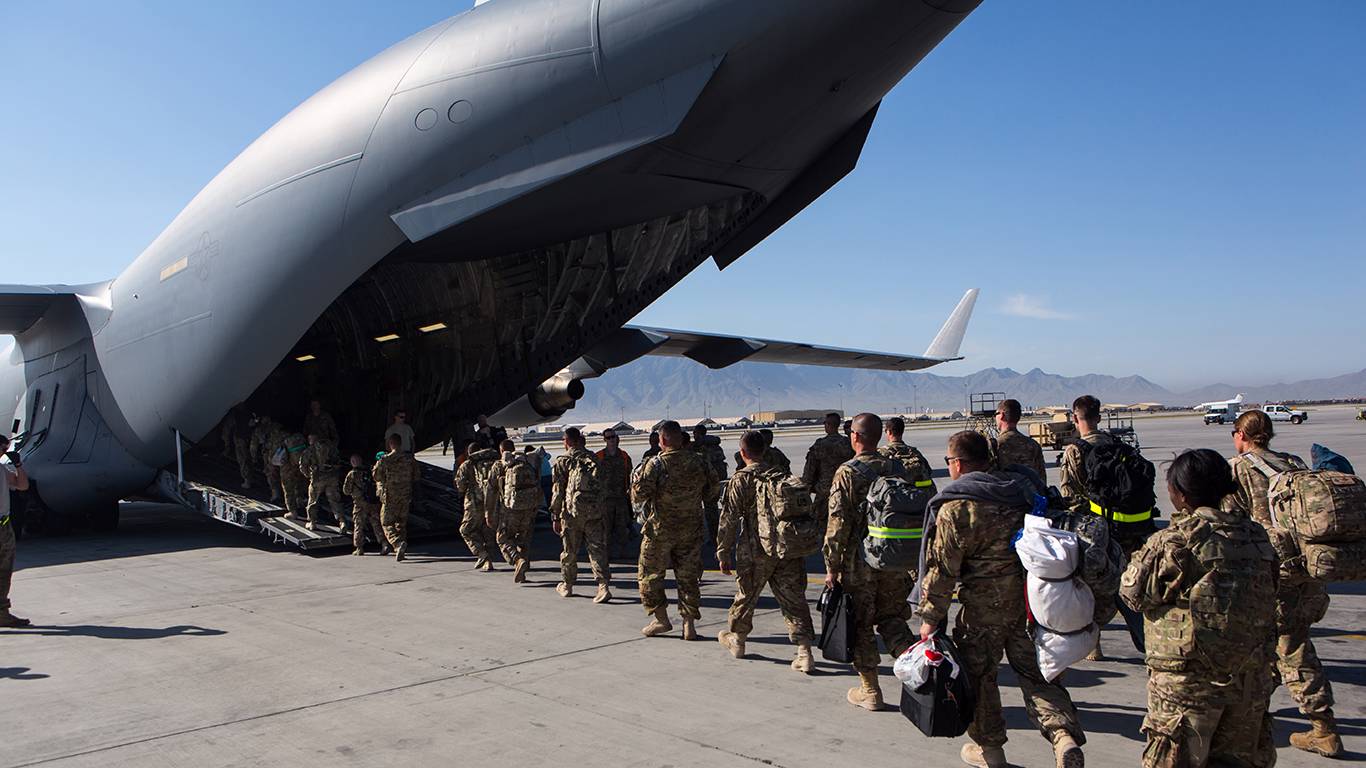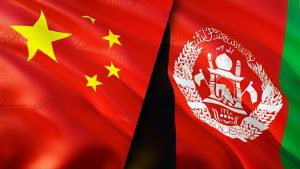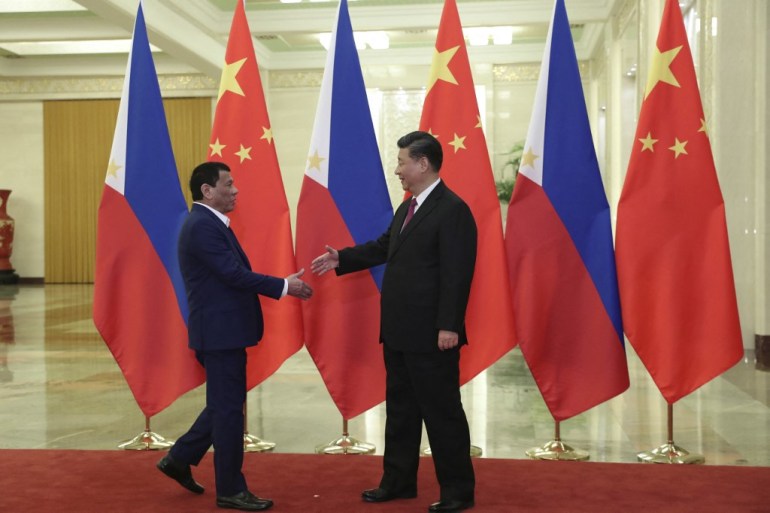July 13 (Reuters) - More Afghans are likely to flee their homes due to escalating violence, the U.N. refugee agency warned on Tuesday, as the Taliban take control of more territory in response to the withdrawal of U.S.-led foreign forces.
"Afghanistan is on the brink of another humanitarian crisis. This can be avoided. This should be avoided," Babar Baloch, spokesman of the U.N. High Commissioner for Refugees (UNHCR), told a Geneva news briefing.
"A failure to reach a peace agreement in Afghanistan and stem the current violence will lead to further displacement within the country, as well as to neighbouring countries and beyond."
The UNHCR said an estimated 270,000 Afghans had been newly displaced inside the country since January, bringing the total population forced from their homes to more than 3.5 million.
Those forced to flee blamed the security situation, incidents of extortion by non-state armed groups and improvised explosive devices (IEDs) on major roads, as well as a loss of income and interruptions to social services, Baloch said.



